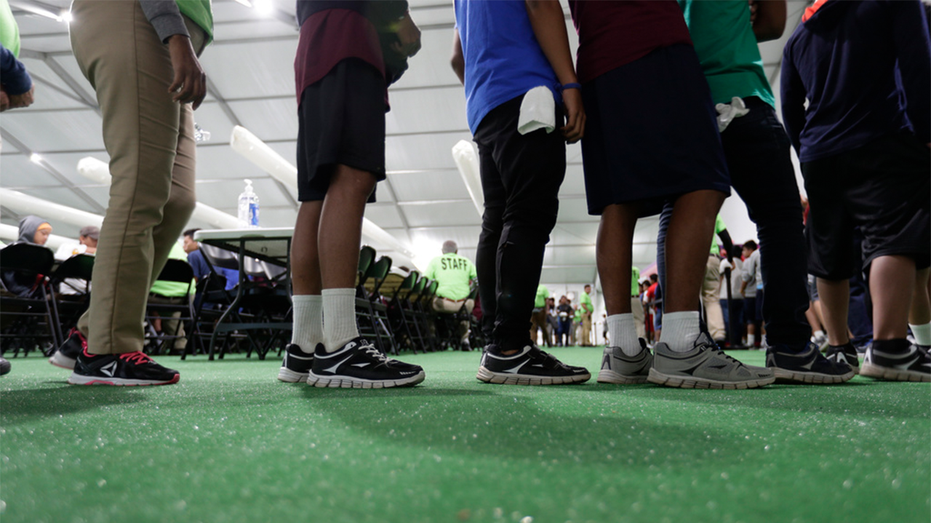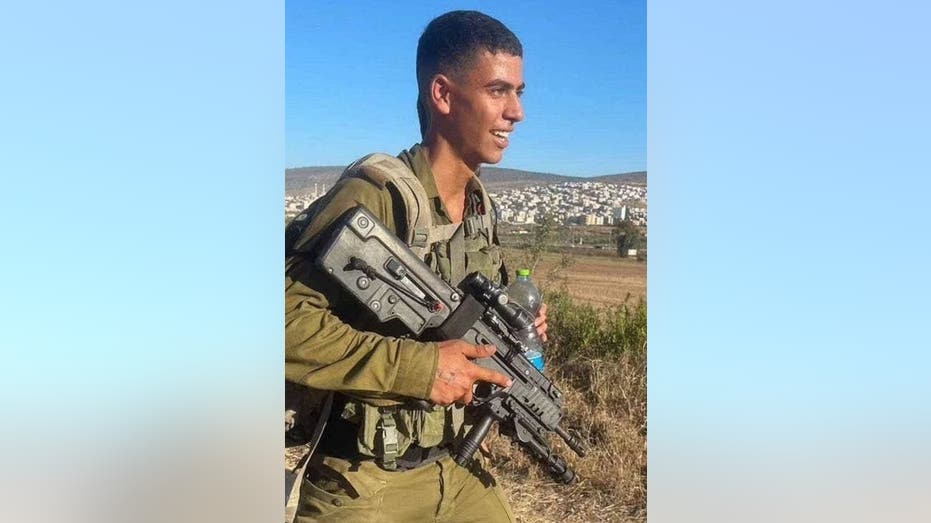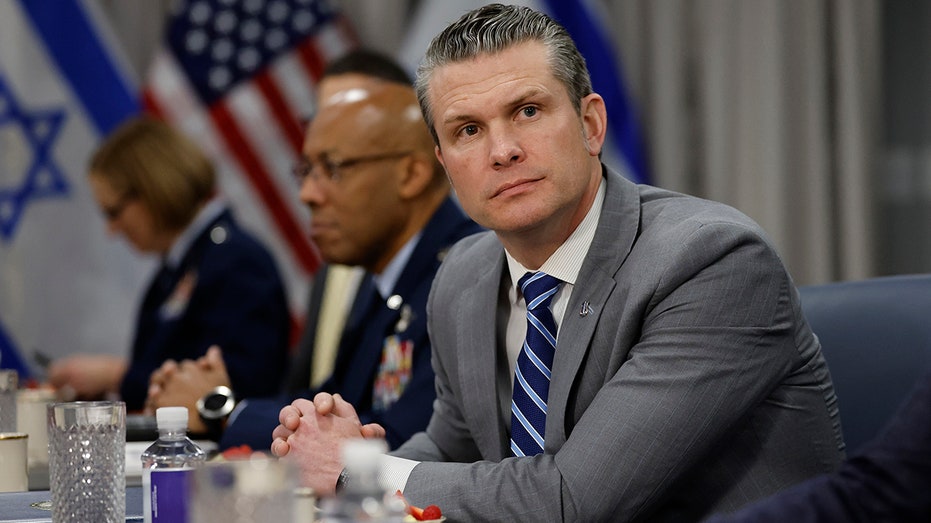The fourth day of the United Nations General Assembly meeting kicked off in New York City on Friday, with leaders from countries all over the world speaking about pressing issues, such as climate change and global conflict.
More than 100 world leaders spoke during the first three days of speeches.
So far the main topics addressed, with climate change, Russia’s war in Ukraine and economic inflation, being the most pressing issues discussed.
Here are some highlights of the leaders who spoke on Day 4:
Prime Minister Benjamin Netanyahu told the U.N. General Assembly on Friday that Israel is “at the cusp” of a breakthrough in a peace agreement with Saudi Arabia. Using visual aids, he showed a map of Israel in 1948 – surrounded by multiple hostile Arab countries at the time.
In the decades since, Israel has normalized relations with six of those nations, including four that did so in the 2020 Abraham Accords.
“There’s no question the Abraham Accords heralded the dawn of a new age of peace. But I believe that we are at the cusp of an even more dramatic breakthrough, a historic peace between Israel and Saudi Arabia,” Netanyahu said. “Peace between Israel and Saudi Arabia will truly create a new Middle East.”
Some hurdles remain in the sought peace agreement with Saudi Arabia, including the creation of a Palestinian state. In an interview with Fox News this week, Saudi Arabia’s Crown Prince Mohammed bin Salman (MBS) said both sides were getting closer to formal normalized relations.
“Every day we get closer, it seems it’s for the first time real one serious. We get to see how it goes,” he said.
He insisted his country could work with Israel, no matter who is in charge, calling the deal “the biggest historical deal since the end of the Cold War,” which he stated would rest upon agreements related to the treatment of the Palestinians.
“If we have a breakthrough of reaching a deal that gives the Palestinians their needs and make the region calm, we’re going to work with whoever is there,” he added.
Peace talks between Israel and the Palestinians broke down more than a decade ago. Violence has soared in recent years as Israel has carried out military raids in the occupied West Bank and Palestinians attacking Israelis.
On Thursday, Palestinian President Mahmoud Abbas called for Palestine to be admitted into the United Nations, like Israel.
“There are two states that the entire world is talking about: Israel and Palestine,” Abbas told the General Assembly. “But only Israel is recognized. Why not Palestine?”
“What is the danger posed by the state of Palestine obtaining full membership of the United Nations?” he added.
Netanyahu also called for more sanctions against Iran, which Israel views as its biggest threat. The stepped-up sanctions request was over Iran’s nuclear program, which has steadily progressed since the United States withdrew from the agreement.
On Friday, Fox News chief political anchor Bret Baier sat down with Netanyahu to get his reaction to Baier’s interview with MBS in an interview set to air Friday at 6 p.m. on “Special Report with Bret Baier.”
Prime Minister Anwaar-ul-Haq Kakar, Prime Minister said the decades-long dispute with India over Kashmir and peace is the key to establishing development in the area.
Kashmir has been divided between India and Pakistan since British colonialists granted them independence in 1947 and both claim the region in its entirety. They have fought two wars over its control.
“Kashmir is the key to peace between Pakistan and India,” Kakar said.
He accused India of imposing lockdowns and curfews in the area, jailing Kashmiri leaders, violently suppressing peaceful protests and committing killings against Kashmiris.
A 1948 U.N. referendum gave Kashmir the choice of joining either Pakistan or India, creating a disputed region, but it never happened. The part of Kashmir controlled by India was granted semi-autonomy and special privileges in exchange for accepting Indian rule.
Kashmiri dissidents launched a full-blown armed revolt in 1989, seeking unification with Pakistan or complete independence. Tens of thousands of civilians, rebels and government forces were killed in the raging conflict.
Iraqi Prime Minister Mohammed Shia’ Al Sudani said combatting the “corruption pandemic” disease in his country is a top priority for his administration.
“We believe that there is a symbiotic relationship between corruption and terrorism,” he said.
Iraq has been plagued with violence as it struggles to combat terrorism. The U.N. Security Council voted last week to end, a year from now, a U.N. probe into the activities of Islamic State extremists in Iraq. The vote came at the request of the Iraqi government.
The Security Council in September 2017 set up the investigative team — also at Iraq’s request — to collect evidence against members of the Islamic State group to be used in trials.
In August, Iraq and Iran reached an agreement that “armed terrorist groups” in Iraq’s Kurdistan region will be disarmed and relocated next month.
Al-Sudani also said Iraq was still in talks with the Kurdistan Region. He said Iraq wants “to expand opportunities with the Kurdistan Region and lead to more productivity in all fields.”
The Associated Press contributed to this report.




